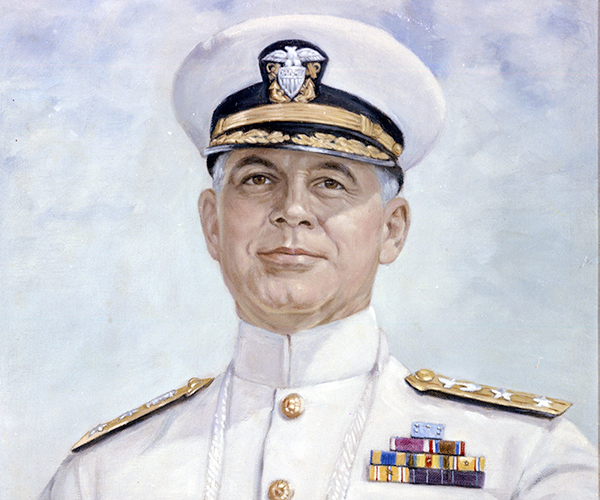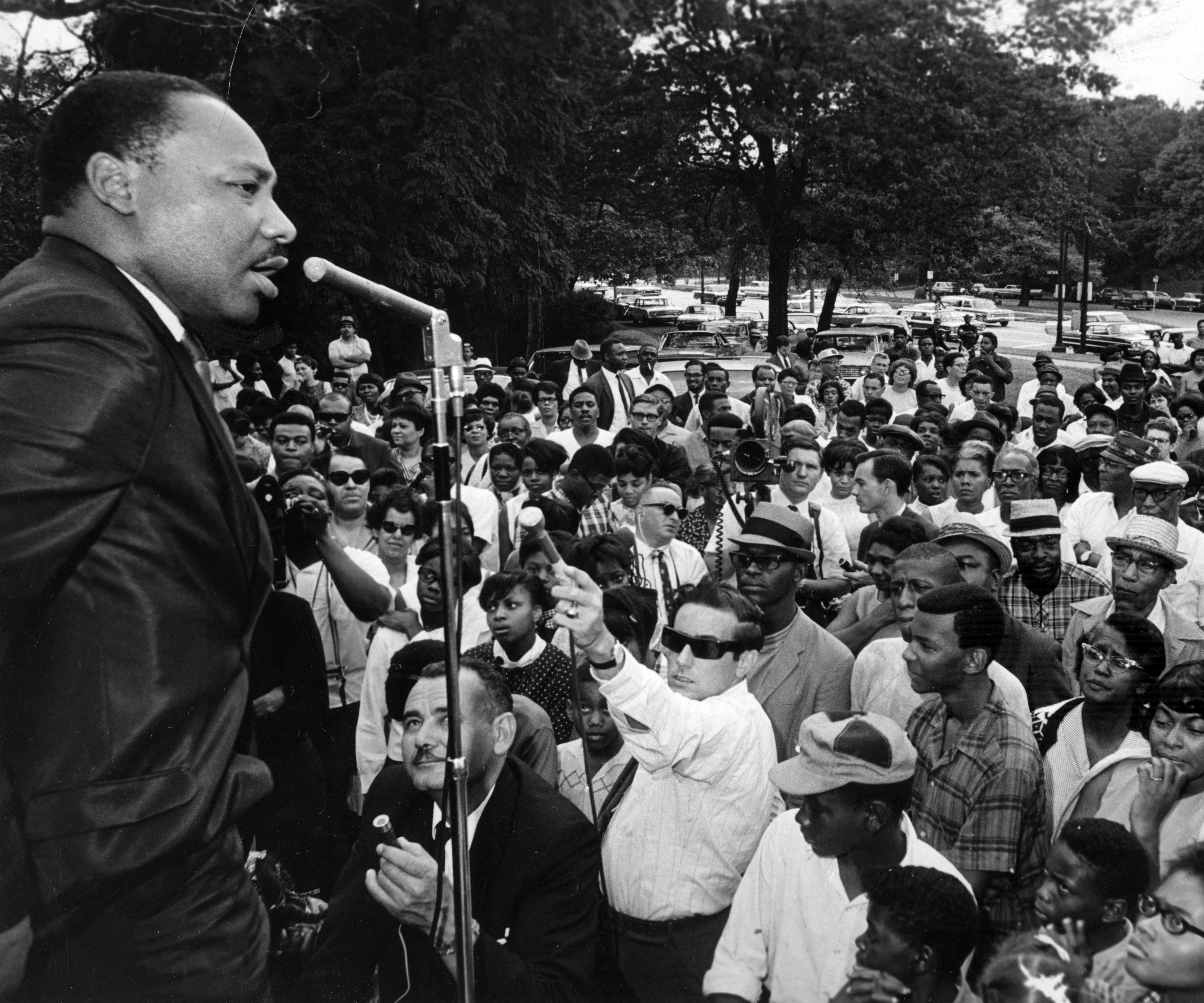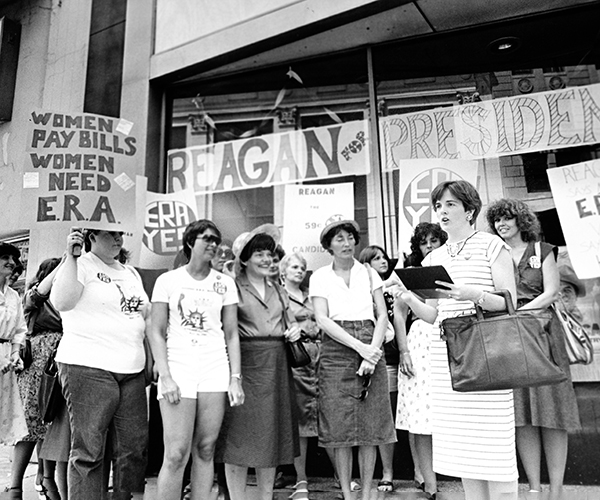Jan. 8, 1942, yielded an endearing scene Downtown, as Standard Brewing Co.'s red roan Belgian horses, Doc and Don, clipped through Cleveland ice to make deliveries. Elmer Day steered their rattling harnesses, Dan Laux beside him.
Founded by a saloonkeeper, a banker and a brewer, Standard Brewing Co. grew famous for its legendary Erin Brew, a dark lager perfected by Czech-immigrant Jaroslav Pavlik.
Initially housed in a converted flour mill on Train Avenue, Standard Brewing Co. nearly doubled its production from 40,000 to 75,000 barrels between 1906 and 1913, peaking at 550,000 barrels in 1950. During Prohibition, Standard Brewing Co. pivoted to selling ice cream and soft drinks, primarily ginger ale. But “formula ten-O-two” — as Jimmy Dudley would come to broadcast during Cleveland baseball games — returned swiftly in 1933.
By 1945, 15% of the company’s brewed product was consumed by the U.S. military, per the war effort. It wasn’t the only commodity Standard Brewing Co. and the public were asked to concede.
After Pearl Harbor, there was no access to rubber plantations in Japan-occupied areas like the Dutch East Indies. So by January 1942, the Federal Office of Price Administration issued a strict ration of tires. Drivers could own no more than five tires and were barred from purchasing new ones. Civilians were encouraged to carpool at a preserving 35 mph “victory speed.”
Like Budweiser’s Clydesdales, Standard Brewing Co.’s Belgians were used for advertisement after trucks replaced horse-drawn beer wagons by 1912. But when rubber constraints limited trucks, company manager George Creadon decided to get creative.
In a lighthearted The Plain Dealer article, the gentle giants, weighing almost 2,000 pounds apiece, cheerfully obliged, rousing from their “white-collar jobs" to serve the blue-collar city.




